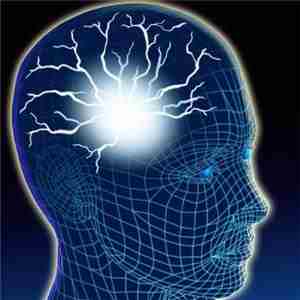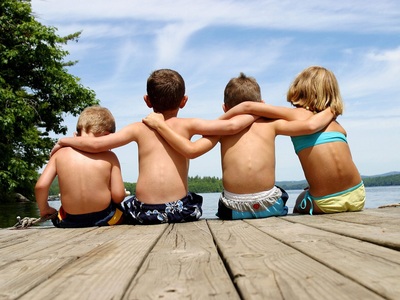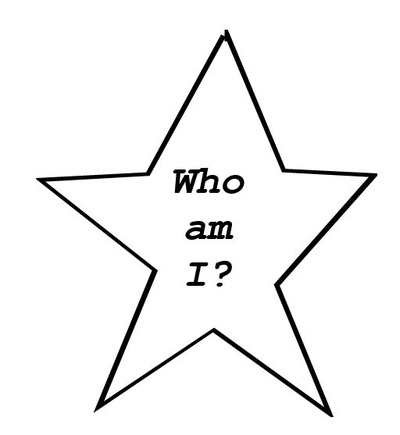Personal Religious Identity
The human person is a mix of the social, emotional, intellectual, spiritual and physical. Hover over each picture to see definitions of these.
|
The Star Activity
|
Copy an paste the star image above into a word document 5 times on the same page.
Recolour each to represent how you feel about each of the five aspects of the human person. Use the format picture tools to size the elements to demonstrate their relative significance in your life. Write at least 100 words to explain what you have done. |
ASPECTS OF IDENTITY |
Download this file and the insert circle shapes with full transparency to complete the survey. Example below. Paste it in your journal
|
BLOGGING
Use an existing class blog or set one up to answer the questions following the survey. | ||||||
JOHN, HILARY, SANDRA and BILL
|
John
...has a totally negative attitude toward religion. ... hates R.E. classes. ... never goes to a religious service or church if he can help it. ... fights with parents and anyone else who is interested about religion. |
Hilary
... sees religion as unimportant and boring. ... has a who-cares or so-what attitude to R.E. classes. ... misses religious services and going to church if she can get away with it without a family fight. ... seldom prays unless in trouble. |
Sandra
... does what is expected of her religiously. ... attends religious services regularly because her parents do. ... wants to get good marks for R.E. so she works hard. ... believes what she has been taught about faith and religion. |
Bill
... has made his own decision to be a person of faith. ... attends religious ceremonies and prayer service regularly because he wants to. ... prays often in his own way, in his own words. ... wants to be even more informed about his religion and to be a better believer. |
What is your position of the continuum in terms of your attitude to religion?
- What is your position on the line? Explain.
- Have you always been in that position?
- Do you imagine that you will always be like that?
- Consider each student individually. What kinds of experiences may have shaped his/her attitudes towards religion?
- How should the Religious Education teacher approach each of these people?
- Some families have all four kinds of people in the one family. How could this be'?
- Can you name people who are like each of these four people?
- Which of these four is most attractive to you?
YOUNG PEOPLE'S ATTITUDES
Download the file above and use the highlighter tool in Word to highlight the things that you agree with in the article.
| |||||||
MY PRIORITIES IN LIFE
|
We all have competing priorities in life and at different stages in life different things may be higher or lower on the list of priorities.
All are of some importance. We just choose the balance and any given time. What are your priorities in life. Use this categorising activity to help you list your priorities in order. A - MOST IMPORTANT B - QUITE IMPORTANT C - SOMEWHAT IMPORTANT D - LEAST IMPORTANT You get to use each letter 4 times only 1. SERVICE (helping others) 2. RECOGNITION (being accepted by others) 3. GOOD MORAL LIFE (responsible living toward others) 4. GOOD CAREER (sense of purpose, a good job) 5. PLEASURE (excitement, satisfaction, fan) 6. INTEGRITY (being true to my deeply held values) 7. INDEPENDENCE (personal freedom, making my own choices) 8. MONEY (plenty of money for all the things I want) 9. SUCCESS (getting near the top of my chosen field) 10. RELIGION (religious belief, faith, a relationship with God) 11. FRIENDSHIP (warmth, love caring) 12. PHYSICAL APPEARANCE (attractiveness) 13. PERSONAL GROWTH (developing my talents fully) 14. LAW AND ORDER (respect for authority, firm government) 15. MARRIAGE (finding the right life partner) 16. FAMILY HAPPINESS (caring among; family members) |
You can download a copy of the survey here
Now use the numbers 1, 2, 3 & 4 next to each letter.
A1 is the top of the whole list D4 is the bottom of the list What is your hypothesis?
Conduct a class survey of the highest priorities and the lowest. | ||||||










